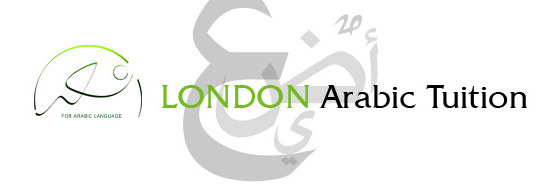Usually, vocabulary memorisation is a key part of any coursework, private or in an institution, when it comes to learning a foreign language. Steve Kaufmann is a popular YouTube personality who speaks on what he calls listen and read language learning. Kaufmann suggests two things that are counter to most language courses and that at first seemed counterintuitive, but upon reflection made a lot of sense:
- Forget memorising long lists of vocabulary words (unless you have to do it for a test, of course). This is a waste of time.
- Forget speaking as a way of improving vocabulary; it doesn’t work that way.
You will find it far easier to learn Arabic vocabulary if you don’t treat it as a task and instead, naturally bring it into your day-to-day life. Trying to sit down and memorise countless words and phrases from a textbook will only prolong the process.
And this is exactly what Steven Kaufmann says is the best way to learn language, rather than talking and memorising by rote. Besides trying to learn socially by conversing with people who speak Arabic, there are so many other ways you can listen to languages, to name just a few:
- podcasts
- foreign language radio
- TV or movies with subtitles
Kaufmann makes the point that we can now “read” novels via headphones while we jog, drive to work or lounge around the house on the weekends. This kind of immersive learning really is catching and propels the learning process forward quickly.
Learning Arabic online through a free or paid program is the easiest and most versatile way to read and listen to the language you are learning. For Arabic, google results return printable PDF files to practice the written language, free classes and paid instructor-led courses online. All you have to do is choose which one works for you.
A typical online lesson might include video with cultural content and vocabulary sentences or conversations. There is usually a button to play the audio, the corresponding Arabic script and the pronunciation and translation.
The London Arabic Tuition site is growing in popularity. The site features real students who have picked up spoken Arabic in 6 months or less. If you want to learn Arabic, you should check out the courses available and see what is most suitable for you.
A great way to mix and match methodologies is to read and listen to the language using the methods above, then speak the language 3 to 4 hours a week to see where you are hesitating and where your confidence is low. This will help you come up with a plan to overcome wherever you may be struggling in the language.
You should also work on spending just 10 minutes each morning (or evening) practicing your Arabic vocabulary. Learning just a little bit each day will help you significantly.
Being able to take advantage of resources like the London Arabic Tuition can be a real asset for those times you are just stuck and cannot see the language coalescing inside your head. A qualified instructor who knows how to listen and redirect you speeds up the learning process. If you plan to go to or take on the accent of a certain geographic area, you should try to pick content that will reflect that. For example, you can choose between learning Gulf, Egyptian and Levantine Arabic.
Given time, effort and an efficient strategy, you will be speaking Arabic fluently in no time at all.




Leave a Reply
You must be logged in to post a comment.